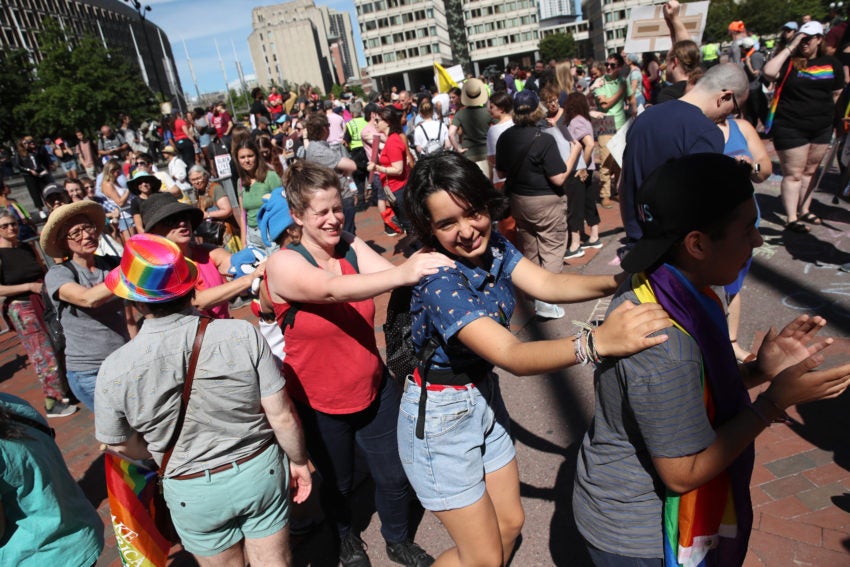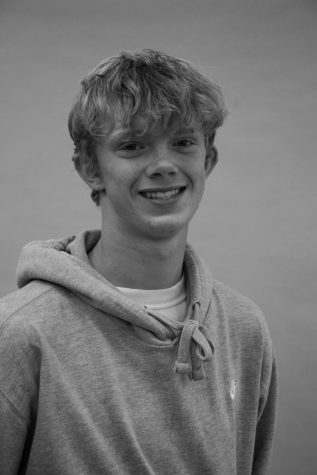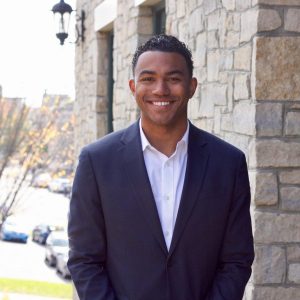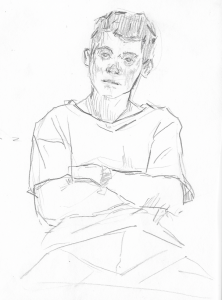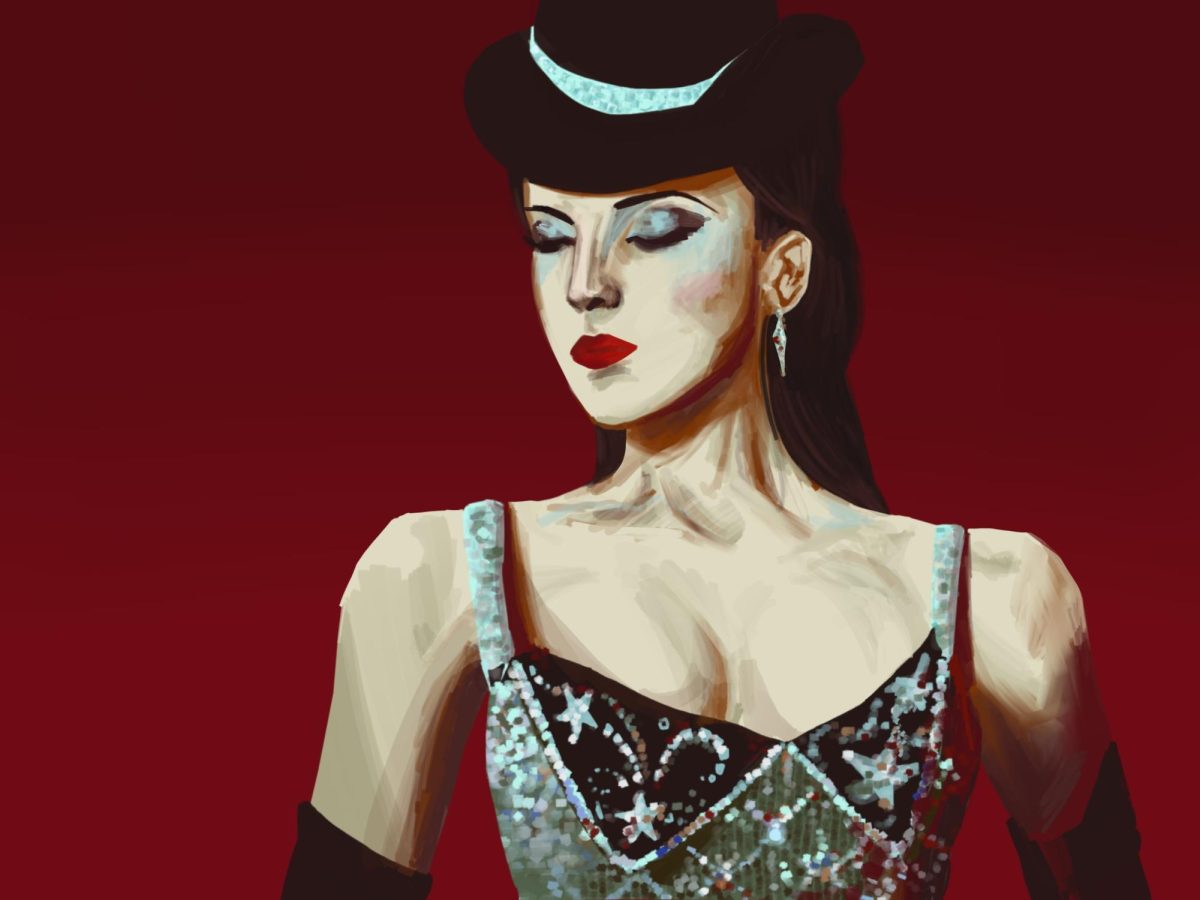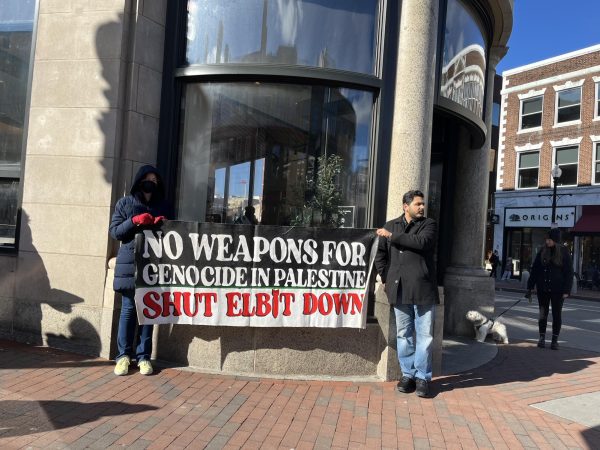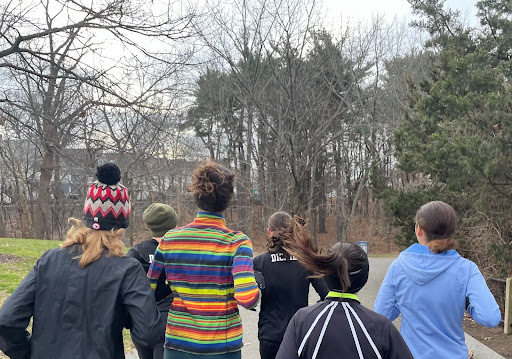Boston “Straight Pride” Parade
Demonstration Raises Questions About Free Speech
Pictured: Members of P10 at the counter protest to the parade.
October 3, 2019
On August 31st, about 200 people participated in a so-called “straight pride” parade in downtown Boston and more than 1,000 people showed up as counter-protesters. Many of the parade attendees expressed support for President Trump and carried signs with slogans such as “It’s great to be straight” and “Make normalcy normal again.” The parade was organized by far-right group Super Happy Fun America. Conservative commentator Milo Yiannopoulos was honored at the parade, which included floats draped in Make America Great Again banners. Many of the marchers were not local, having flown in from other states to participate.
The president of P10, CRLS’ gender and sexuality alliance, Leo Austin-Spooner ’21, attended the counter-protest. Austin-Spooner said that the intent of parade organizers was to be provocative and believes that it “wasn’t rooted in being anti-LGBT, it was rooted in racism, as these are the same people that led the Charlottesville protest.” The event drew widespread national attention, with many describing the parade and its organizers as intolerant and homophobic.
There was a major police presence at the event that included officers from jurisdictions outside of Boston. At points, violence erupted between counter-protesters and police, with officers being pelted with rocks and bottles of urine. Some have accused police of using excessive force after pepper spray was deployed to disperse unruly crowds. Four officers were injured during the protest and 36 civilians, primarily counter-protesters, were arrested on charges ranging from disorderly conduct to assault and battery on a police officer and unlawful possession of a dangerous weapon. Boston mayor Marty Walsh sent out a tweet encouraging city residents to participate in events that weekend that promoted “our values of inclusion, love of community, and acceptance of all.”
The Cambridge community, and the greater Boston area in general, have come out largely in opposition to the “straight pride” parade and its organizers. Sophomore Anna Bellows said, “The whole idea of having a ‘straight pride’ parade is so convoluted. There’s no one targeting straight people.” Many Bostonians saw the event as an affront to the deeply progressive and accepting culture that they have worked hard to cultivate in the city.
It’s about what the line is between free speech and hate speech. — Leo Austin-Spooner '21, President of P10
Other community members have raised questions about whether the city of Boston should have granted the parade organizers a permit. Boston City Council President Andrea Campbell said on Twitter that the process for granting such permits should be reviewed.
The event has added to a national conversation about the intersection between hate speech and the First Amendment rights of marchers. In reference to this issue, Austin-Spooner said, “If we limit some speech, then it gets into a complicated question of what speech is OK. It’s about what the line is between free speech and hate speech and when someone’s speech interferes with someone else’s rights.” Some students spoke to the complexities of differentiating between hate speech and self-expression. Sophomore Cian O’Toole summed up his feelings on the topic: “I think that if no one was against homosexuals during the parade, and they just wanted to express themselves, then that would be fine.”
Many community members saw the parade as an attack on the LGBTQ pride movement. Senior Fanny Lodge told the Register Forum, “I think the ‘straight pride’ parade devalues the LGBTQ pride parade even though it claims not to. The LGBTQ movement, I think, was created in response to the pain and oppression that community has experienced, and the straight pride parade doesn’t have that context.”
This piece also appears in our September 2019 print edition.

